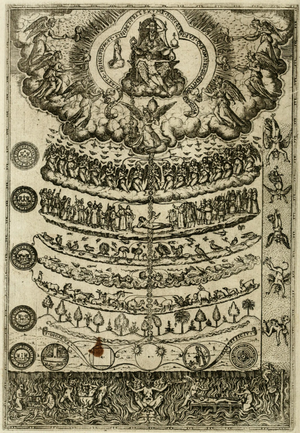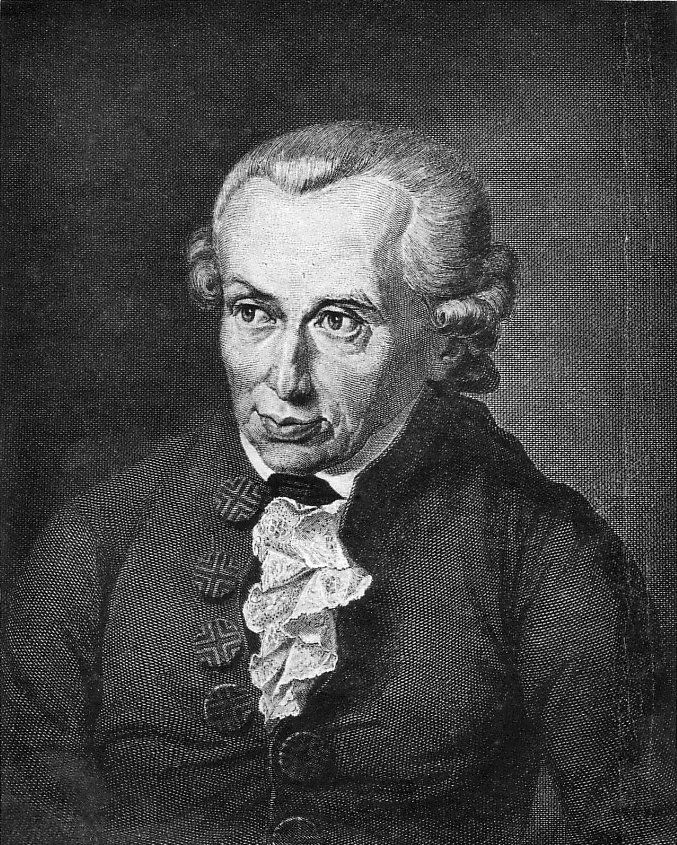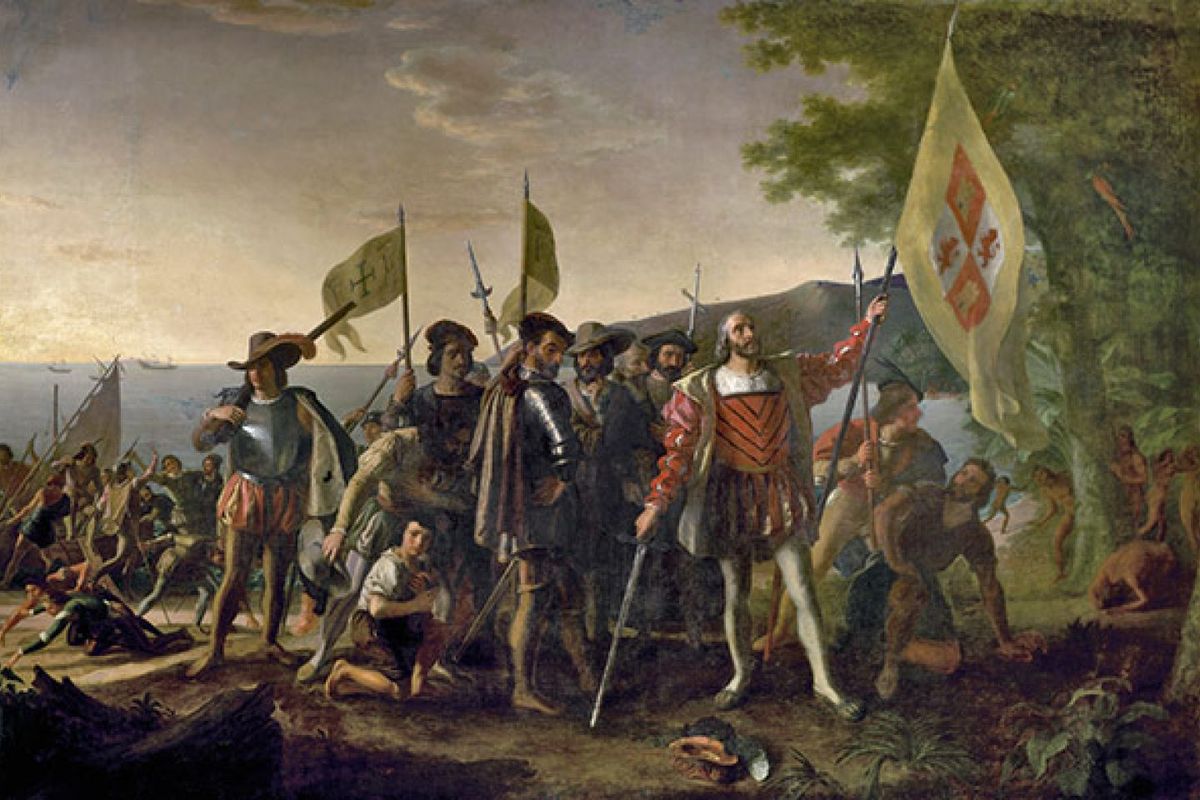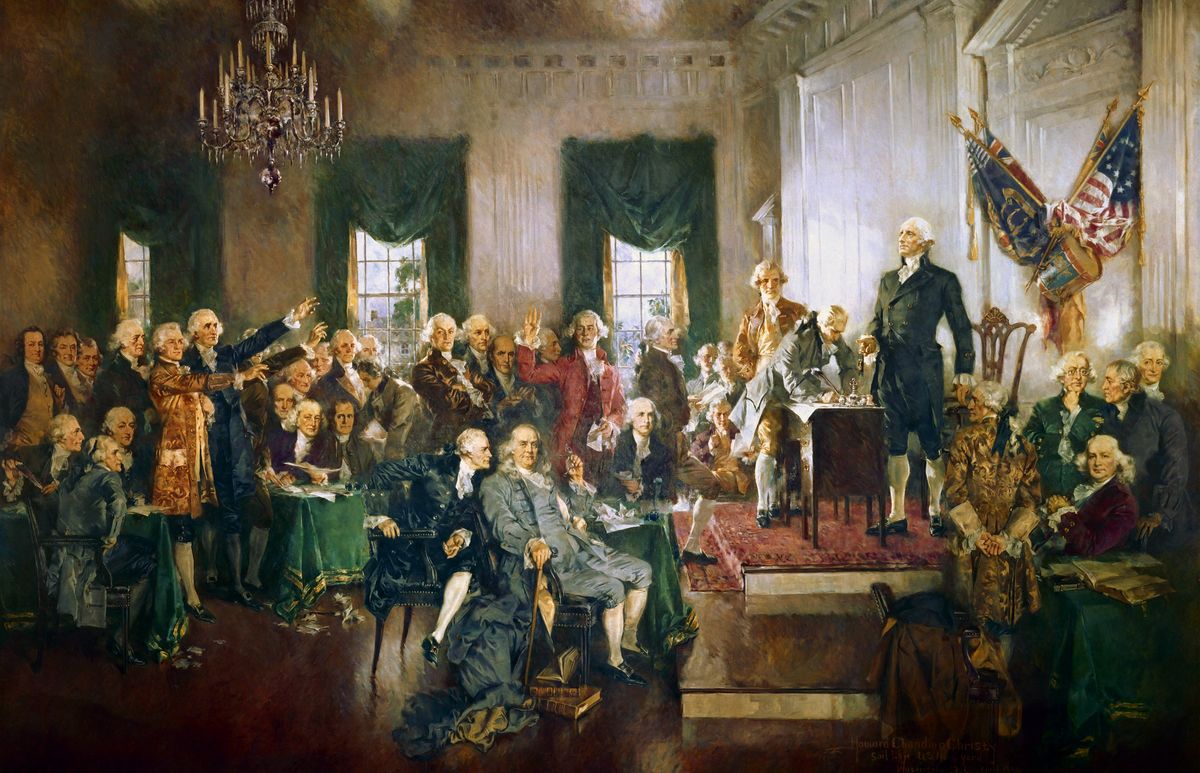Hobbes and Foucault: the Mercantile State and the Ontology of Early Capitalism
Hobbes and Foucault: the Mercantile State and the Ontology of Early Capitalis Pacta sunt servanda Volume V By Nicholas Rice YC '23 Edited by Judah Millen '24 Introduction This essay will seek to explain the ontology of early capitalism in the eighteenth and nineteenth centuries through the lens...





